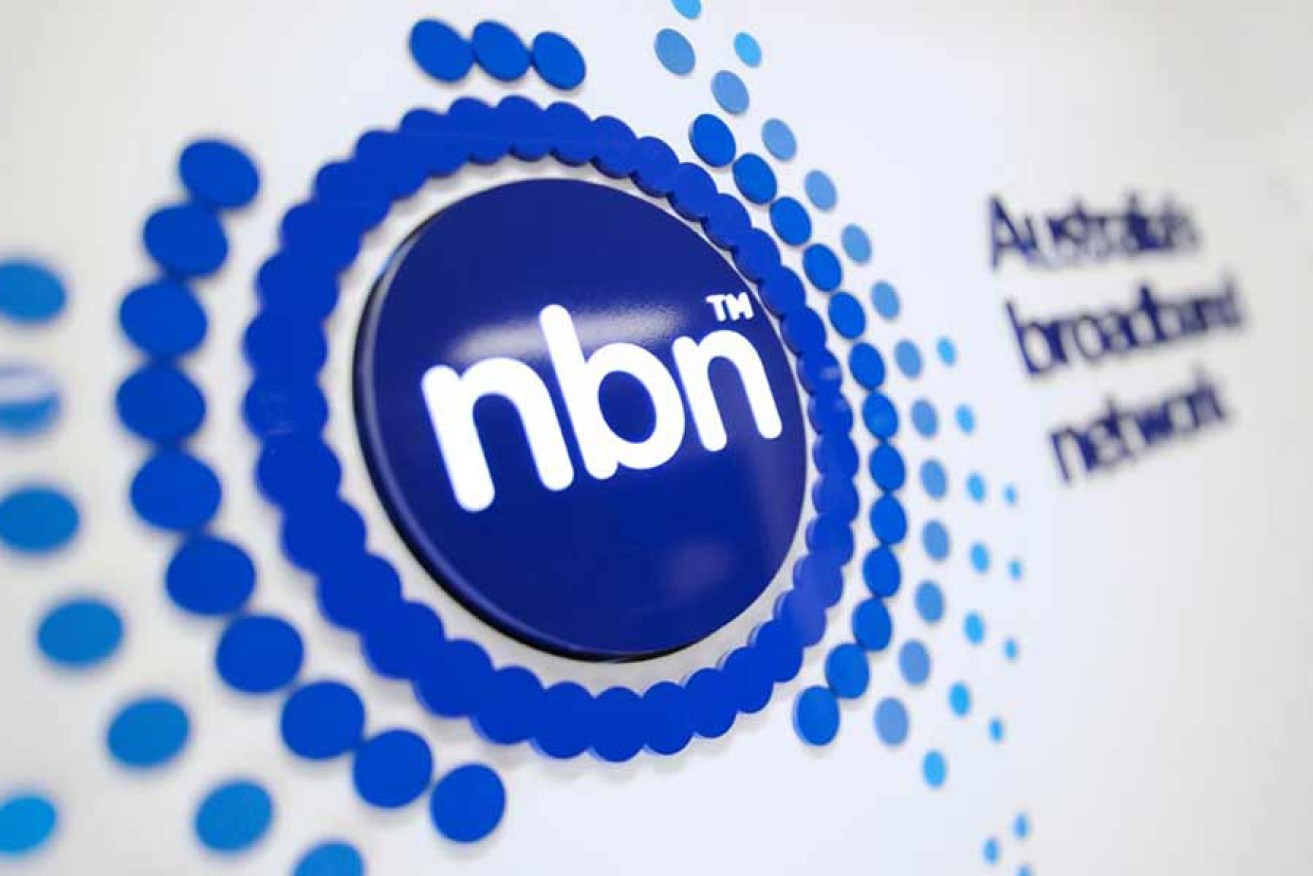The number of missed NBN appointments, failed installations, revealed


NBN will begin enabling cutting-edge DOCSIS 3.1 technology to boost the capacity of its struggling HFC networks. Photo: NBN
Have you recently waited for an NBN appointment only for no one to turn up? You’re not alone.
Figures provided to a parliamentary hearing have revealed the number of missed appointments in the 2016 calendar year doubled compared with the previous 12 months.
There were 82,552 missed appointments in the 2016 calendar year, up from 40,445 – or 9.8 per cent of total appointments – in 2015, according to NBN Co.
NBN Co has said the business was still running at about 10 per cent of appointments missed, which was described by chief executive Bill Morrow as “an industry norm”.
But that explanation was dismissed by experts.
“It’s just another weak excuse from Bill Morrow,” Mark Gregory, associate professor of network engineering at RMIT University, told The New Daily.
Associate Professor Gregory said NBN Co was “still struggling to put in place the systems needed to manage the construction process” nearly eight years since the rollout began.
“Dissatisfied customer numbers are growing and NBN Co continues to seek to blame others for the senior management team’s failures,” he said.
“To argue that it is acceptable to have problems with 15 to 20 per cent of installations is unacceptable and NBN Co CEO Bill Morrow should be held to account for the problems faced by consumers.”

NBN CEO Bill Morrow is under pressure over the NBN rollout. Photo: AAP
Mr Morrow has said NBN Co is working to reduce the number of missed appointments.
Internet Australia chief executive Laurie Patton said it was clear the current arrangements were “not working”.
“People keep getting get caught in a case of pass the parcel. Ultimately, it’s down to NBN Co to build the network, but consumers have to deal with a retail service provider.
“The problem seems to be that the retail service provider has no control over what the NBN employees do, and so the RSPs sign up a customer, they then arrange for NBN Co to come out and do the connection to the broadband network, they then get a notification from NBN Co to say that someone would come out at a certain time.
“If that person doesn’t come then the customer has no ability to check with NBN Co, they have to go back via the RSP, who speaks to NBN to see what’s happening.
“I’ve had personal experience helping out others where it has taken two or three days to get an answer as to why the technician doesn’t turn up. The process is disjointed.”
Mr Patton welcomed Communications Minister Mitch Fifield’s decision to ask the Australian Communications and Media Authority to undertake a consumer-focused review of the NBN.
An NBN spokesman said the number of missed appointments had “remained steady over time at less than 10 per cent”.
“To improve the installation process, we have put in place procedures to prompt installers to call ahead the day before and give notice they are attending,” he said.
“We have also signed new contracts with our delivery partners which emphasise to the installers the importance of keeping appointments.
“NBN expects installers to keep all appointments and minimise the disruption and inconvenience to residents and businesses.”
Senator Fifield said: “The government expects NBN to take seriously all complaints received from customers and to work closely with retail service providers to address issues that cause inconvenience, including missed appointments.”
Labor’s communications spokeswoman Michelle Rowland said the government’s sole priority was “simply rushing the deployment of second-rate copper through our streets”.
“One of the biggest complaints I’ve heard from Australians as I travel around the country is about NBN technicians not turning up for appointments,” she said.
NBN Co also revealed that there were 42,458 failed installations in 2016, which were defined as “services for which there was a fault logged by the retail provider within 10 days of activation, or a fault logged as ‘new service never worked’ at any time”.
The company said it represented “just over three per cent of installations” in 2016.








